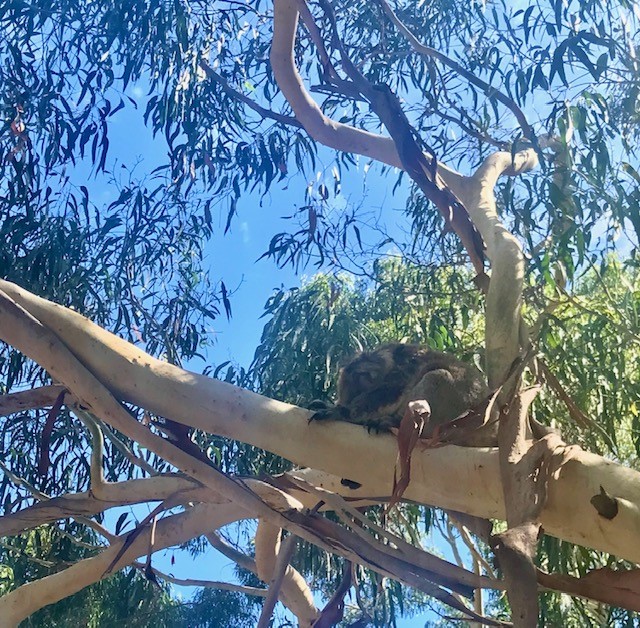The common wombat (Vombatus ursinus) gained a lot of attention in 2020 for “actively herding” animals that needed help...
Are You Taking Part in This Year’s Great Glossy Count?
Have you read our article on citizen science? If you have, you’ll know how important contributions to public citizen...
Koalas and DPE guidelines for planned burning
We’ve all heard about koala populations declining in numbers in recent years due to multiple threats such as land...
Protecting Hollows With Citizen Science
Around the country, communities are using the power of citizen science to help protect a highly ecologically valuable and...
Ever wondered who your fury, scaly and feathered neighbours are? What lives in your local bush or your backyard?...
Site Assessment and Monitoring – A guide for landholders
The Hotspots team have produced a practical guide ‘The Ecological Site Assessment and Monitoring of Bush Fire Management- A guide...
NCC ecologist, Mark Graham recently helped run a Fire Ecology Field Day at Bonnells Bay, Lake Macquarie. This transcript...
Mark Graham: thinking about small mammals and fire regimes
NCC ecologist, Mark Graham recently helped run a Fire Ecology Field Day at Bonnells Bay, Lake Macquarie. This transcript...
Fire and Wildlife in the Mallee – insights for conservation and management LaTrobe and Deakin Universities conducted their Fire and Wildlife...
A day in the field at North Head
A day in the field at North Head Fire, Fauna, Weeds & Ferals Linked with the 2017 Bushfire Conference...
2017 NCC Bushfire Conference – Proceedings now available
2017 NCC Bushfire Conference Fire, Fauna & Ferals: from backyards to bush The Nature Conservation Council hosted their 11th...
A day in the field at North Head Fire, Fauna, Weeds & Ferals Bushfire Conference Participants are invited to...
NCC’s 2017 Bushfire Conference – Fire, Fauna & Ferals Sydney 30-31 May with a field day 1 June Conference...
Council Collaborations – Asparagus, BMAD, Koalas and Powerful Owls
Councils link with volunteers to protect wildlife and restore bushland Lake Macquarie, Campbelltown and Sutherland Shire Councils have been...
















